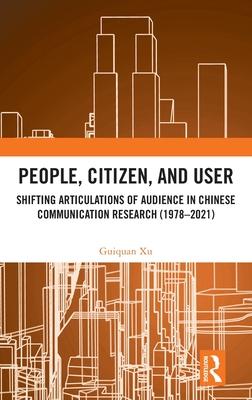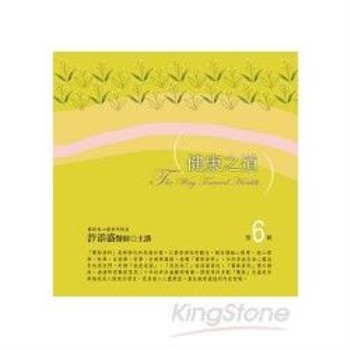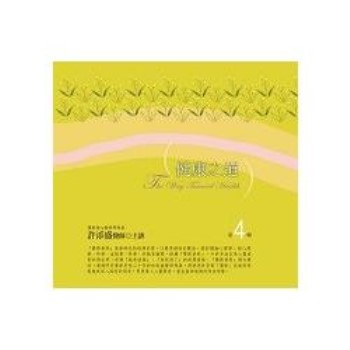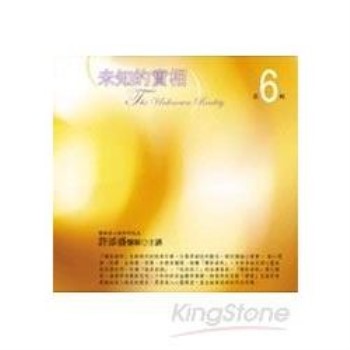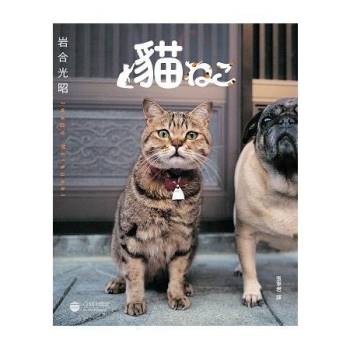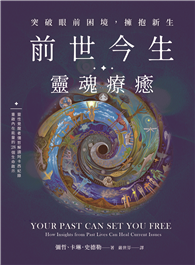The book examines the changing discourses of Chinese audience research in the past four decades, aiming to shed light on the complicated relationships among China’s media, audiences, and society.
With the new sociology of knowledge, it adopts Laclau and Mouffe’s discourse theory as a meta-theoretical framework and interprets the concept of audience as a floating signifier. Based on the corpus of Chinese academic journal papers, the author divides the scope of analysis into four phases. In each period, Chinese audience research was related closely to the changing societal and academic contexts and hegemonic struggle as a whole. In addition, it discusses the relation between ’western’ audience theories and Chinese audience research, as well as the contingency and rigidity of discourses in Chinese audience research.
The book contributes to the understanding of Chinese communication research in the changing societal context and will be valuable for scholars of media and communication studies or China studies.
